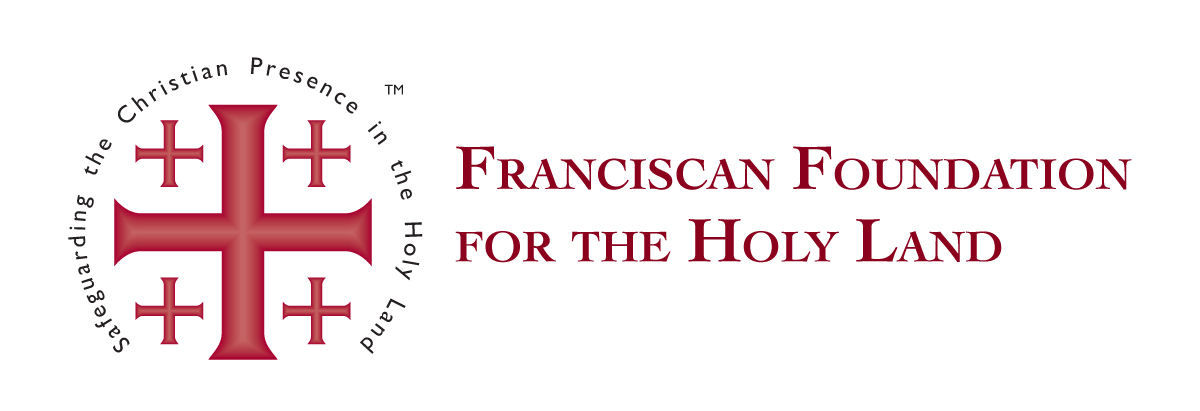Tax season is quickly approaching, and it’s a great time to start thinking about how you can use your tax return to help someone else. Whether it’s donating to a charity, volunteering your time, or supporting a local business, there are many ways to give back to your community. Consider making a planned gift to a non-profit organization or supporting a cause that you’re passionate about. By using your tax return to help someone else, you can make a positive impact and contribute to the greater good.
Legacy giving, also known as planned giving, is the process of leaving a lasting impact on society by donating to non-profit organizations through wills, trusts, or other estate planning vehicles. It is a way for individuals to continue their support of causes and charities they care about even after they have passed away. Legacy giving is important because it can help ensure the sustainability of charitable organizations and their work for generations to come. There are several different types of planned gifts and ways to use our tax returns to benefit non-profits.
Types of Planned Gifts
Bequests
A bequest is a gift that is made through a will or trust. The donor can leave a specific dollar amount, a percentage of their estate, or a specific asset to a charity of their choice. This type of gift can be revocable, meaning that the donor can change or cancel it at any time.
Charitable Gift Annuities
Charitable gift annuities are a way for donors to receive income for life while also making a gift to a charity. The donor transfers assets to the charity, and in return, the charity pays the donor a fixed income for the rest of their life.
Charitable Remainder Trusts
A charitable remainder trust is a trust that provides income to the donor for a specific period of time. After the donor’s death or the end of the trust term, the remaining assets are donated to a charity of the donor’s choice.
Charitable Lead Trusts
A charitable lead trust is a trust that provides income to a charity for a specific period of time. After the trust term ends, the remaining assets are transferred back to the donor or the donor’s heirs.
Life Insurance
A donor can name a charity as the beneficiary of a life insurance policy. The donor can also donate a policy that is no longer needed and receive a tax deduction for the cash value of the policy.
Tax Benefits of Planned Giving
Planned giving can also provide significant tax benefits to donors. When a donor makes a gift to a charity, they can receive a tax deduction for the full value of the gift. The tax deduction can help reduce the donor’s income tax liability and can also reduce the size of their taxable estate, which can result in lower estate taxes.
For example, if a donor makes a bequest of $100,000 to a charity in their will, the estate tax deduction could save their heirs up to $40,000 in estate taxes, assuming a 40% tax rate. In addition, the donor’s estate would also receive a charitable deduction on their final income tax return, which could reduce their income tax liability in the year of their death.
Another way to benefit from planned giving is through a charitable gift annuity. Donors can receive a fixed income for life, and a portion of the gift is considered a charitable donation, which can result in a tax deduction.
Legacy giving is an important way for individuals to continue their support of causes and charities they care about even after they have passed away. It provides a way to leave a lasting impact on society and can help ensure the sustainability of charitable organizations and their work for generations to come. By making a planned gift, individuals can also receive significant tax benefits, which can reduce their income tax liability and lower their estate taxes.
If you are interested in making a planned gift to Franciscan Foundation for the Holy Land (FFHL), it is important to consult with an estate planning professional who can help you choose the right type of gift for your situation. They can also help ensure that your planned gift is properly documented and administered to ensure that your wishes are carried out as intended.
Call or visit www.ffhl.org for more information.



